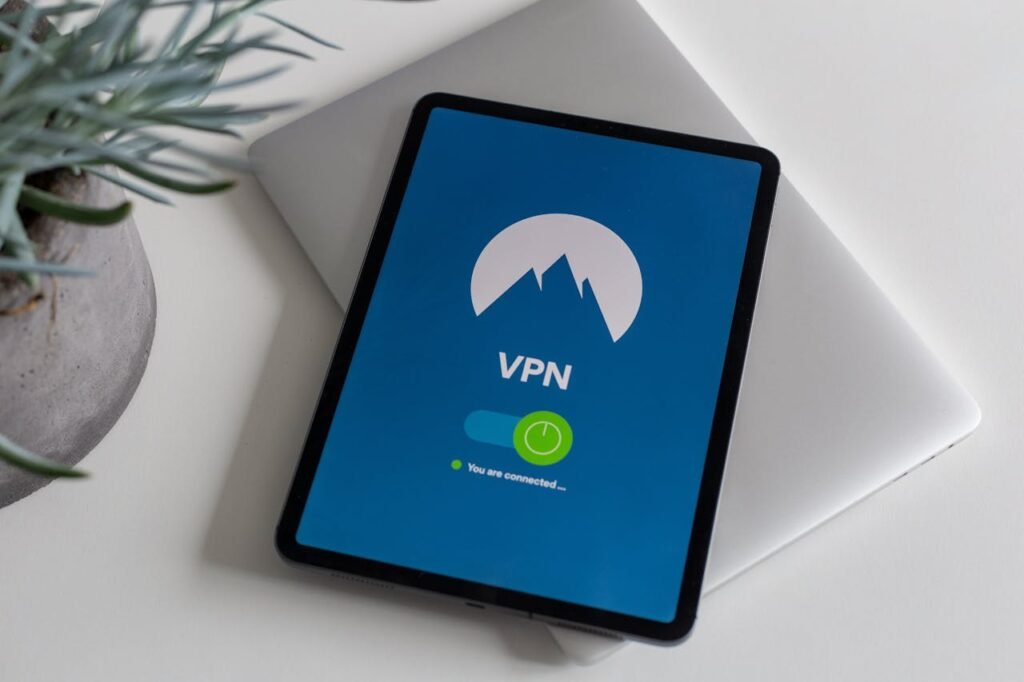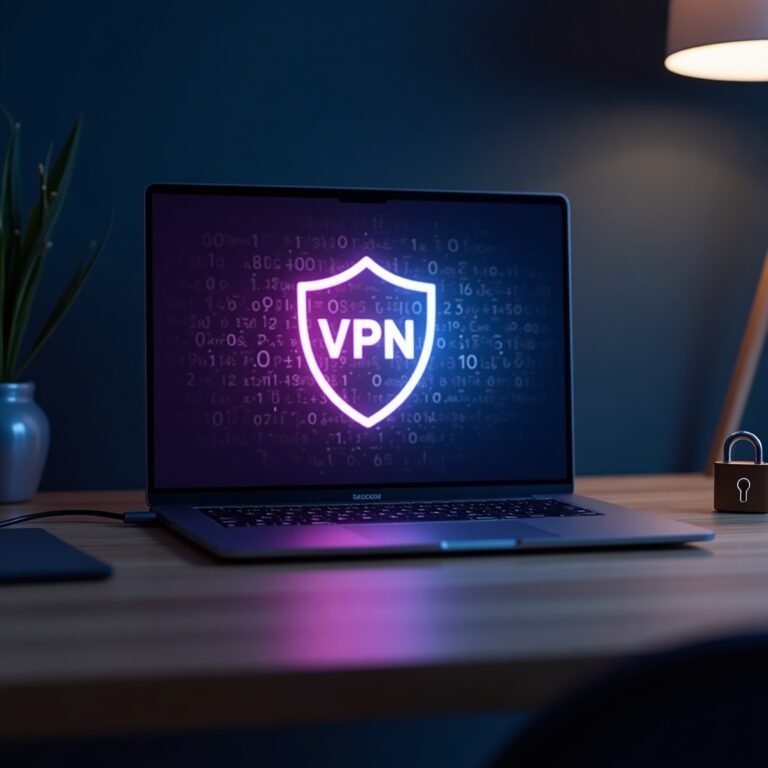“More than 80% of free VPN apps on Android request access to sensitive data like messages and contact lists — and 38% contain malware or tracking software.”
Source: CSIRO Study on Android VPN Apps
What is a VPN?

A VPN, or Virtual Private Network, is a tool that protects your online privacy by creating a secure, encrypted connection between your device and the internet. It hides your real IP address and makes your activity invisible to hackers, websites, and even your internet provider. People use VPNs to stay safe on public WiFi, keep their personal data private, and access blocked or region-restricted content, like streaming services or websites unavailable in their country. It’s a simple way to browse the internet more securely and freely.
Read more about what a VPN is?
Main Dangers of Free VPN Services
Data Logging and Selling
Many free VPNs track your browsing activity and sell it to advertisers or third parties. Instead of protecting your privacy, they profit from it. This completely defeats the purpose of using a VPN and puts your sensitive information at serious risk.
Weak or No Encryption

Some free VPNs use outdated encryption—or none at all—leaving your data exposed to hackers and surveillance. Without proper encryption, your online activity can still be intercepted, especially on public WiFi. You may feel safe, but your data remains vulnerable.
Malware and Trackers in Free VPN
Research shows that many free VPN apps secretly install malware or trackers on your device. These can steal your passwords, monitor your activity, or bombard you with targeted ads. Instead of securing your device, they turn it into a data goldmine.
Limited Server Access & Slow Speeds of free VPN
Free VPNs often have few servers and too many users, resulting in slow, unreliable connections. Some even limit your bandwidth. This makes streaming, browsing, or downloading frustrating—and in some cases, your traffic may be rerouted or misused.
Intrusive Ads and Popups
To make money, free VPNs fill their apps with ads and popups. These ads can be annoying, slow down your device, and sometimes link to dangerous or fake websites. Worse, they often track your behavior to serve even more targeted ads.
What to Look for in a Trustworthy VPN Service
When choosing a trustworthy VPN service, focus on privacy, performance, and transparency. Look for a provider with a strict no-logs policy, meaning they don’t track or store your online activity. Make sure they use strong encryption (like AES-256) to protect your data. Choose a VPN with fast, reliable servers across multiple countries for better access and speed. A good VPN also offers responsive customer support and works with streaming services. Check for features like a kill switch, DNS leak protection, and positive reviews. Trustworthy VPNs clearly explain who owns them and how they handle your data.
Recommended Trusted VPN Service
If you’re serious about protecting your online privacy, don’t rely on free VPNs. Choose a service trusted by millions — NordVPN.
Why NordVPN?
- ✔ Strict no-logs policy
- ✔ AES-256 encryption for top-level security
- ✔ Fast servers in 60+ countries
- ✔ Works with Netflix, YouTube, and other streaming services
- ✔ Built-in Kill Switch and Threat Protection
- ✔ 24/7 customer support
👉 Special Offer: Get NordVPN now with up to 63% OFF + 30-day money-back guarantee
Protect your privacy the smart way. Try NordVPN today — risk-free for 30 days.
FAQs
Most free VPNs risk your privacy by logging data or showing ads.
Free VPNs often fail to unblock streaming sites and slow down your speed.
Yes, many top VPNs like NordVPN offer a 30-day money-back guarantee.

